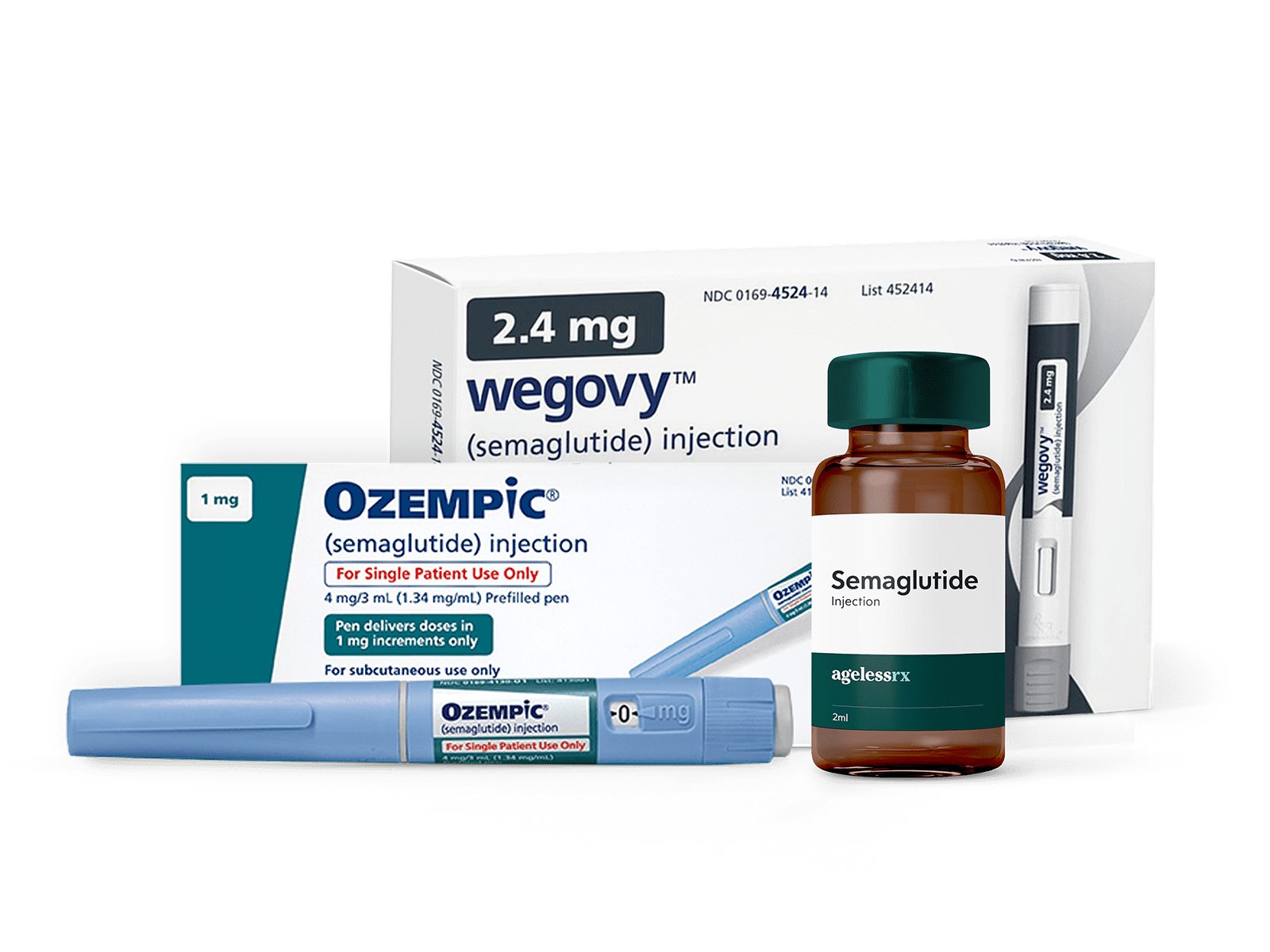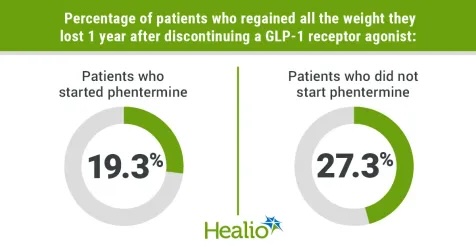A groundbreaking study has revealed that the use of GLP-1 receptor agonist medications, such as Ozempic and Wegovy, may be just as effective as bariatric surgery in reducing the risk of obesity-related cancers. This finding has significant implications for individuals seeking alternative approaches to weight management and cancer prevention.
The research, conducted by a team of scientists at the prestigious Johns Hopkins University, analyzed data from over 50,000 patients who had undergone either GLP-1 drug treatment or bariatric surgery procedures like gastric bypass or sleeve gastrectomy. The results showed a strikingly similar reduction in the incidence of obesity-associated cancers, including breast, endometrial, and colorectal cancers, between the two groups.
While bariatric surgery has long been recognized as an effective intervention for severe obesity and its associated health risks, the potential of GLP-1 medications to match these benefits without the need for invasive procedures is a groundbreaking development. These findings suggest that GLP-1 drugs could offer a viable alternative for individuals who may not be candidates for or prefer to avoid surgical interventions.
Researchers attribute the comparable cancer risk reduction to the significant weight loss achieved with both approaches, as well as the potential direct effects of GLP-1 agonists on cancer cell growth and proliferation. Furthermore, the study highlights the intricate link between obesity and cancer, underscoring the importance of effective weight management strategies in cancer prevention and overall health.
As the obesity epidemic continues to pose a significant public health challenge, this study opens up new avenues for personalized and multidisciplinary approaches to weight management and cancer risk reduction. The collaboration between endocrinologists, oncologists, and other healthcare professionals will be crucial in translating these findings into clinical practice and improving patient outcomes.





